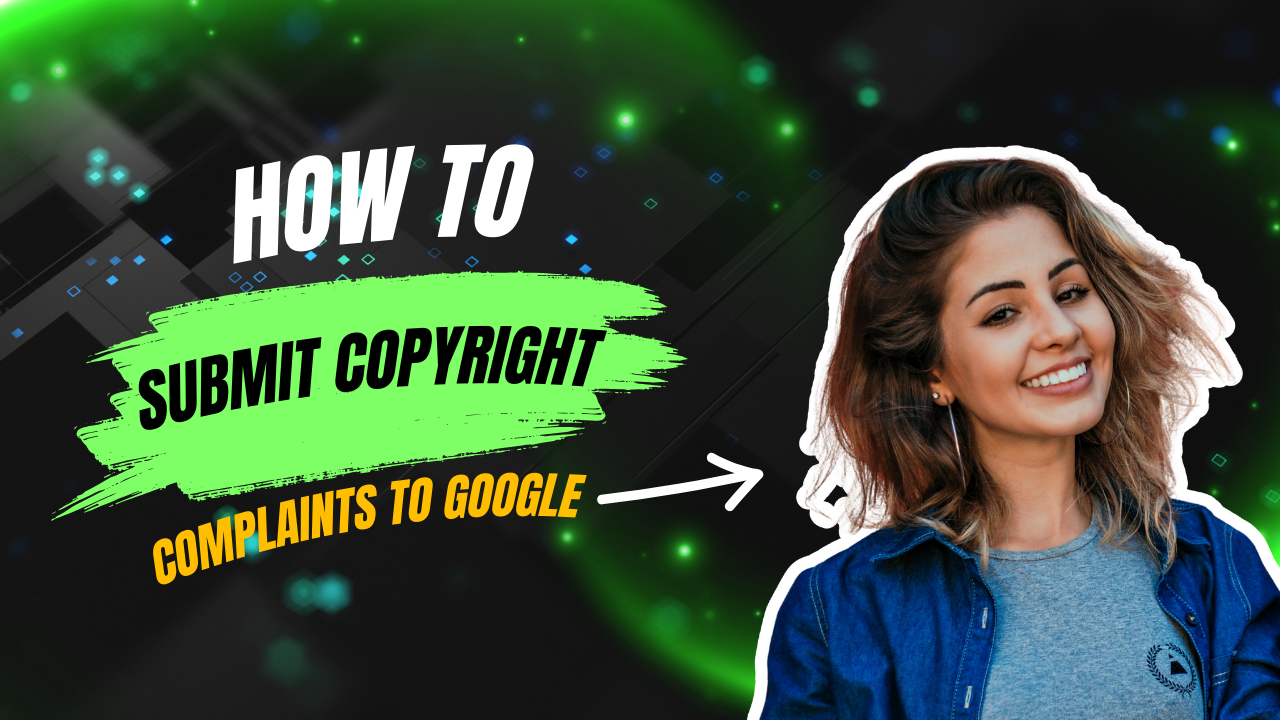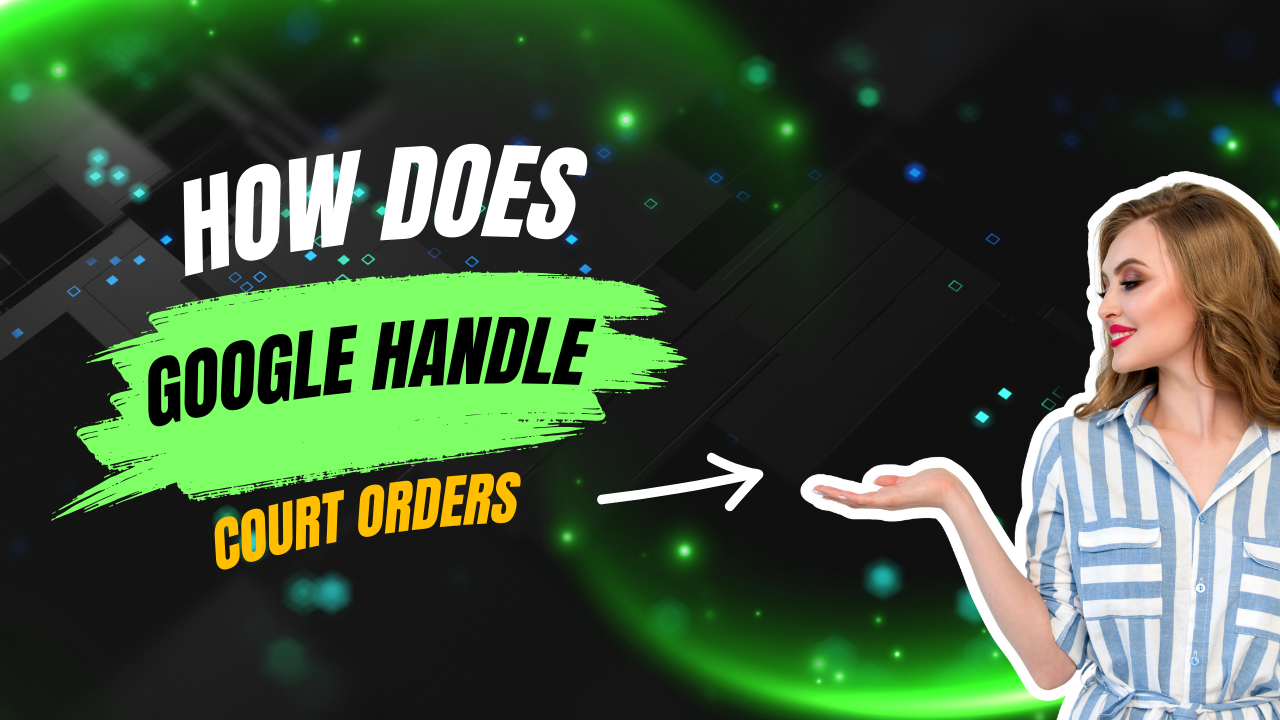Where opinion ends and defamation begins
The Short Version
You have the right to express opinions in reviews. But that right has limits. If a review includes false statements of fact, it may cross the line into defamation, which can be challenged and removed.
This article breaks down the legal boundary between opinion and defamation, and what you can do if a review crosses the line.
More DB Insights: How to Remove Google Search Results
What Is Protected by Free Speech?
Under U.S. law (and in many other countries), people can post reviews that:
- Share personal experiences
- Express opinions (“I felt it was overpriced”)
- Use strong language (“Terrible service, wouldn’t return”)
- Criticize publicly available facts (“They overcharged me” if true)
Free speech protects subjective opinions, even if they’re negative or harsh.
What’s NOT Protected?
A review can lose protection when it makes a false factual claim, such as:
- “This company scammed me” (if no fraud occurred)
- “The owner is a criminal” (if not true or proven)
- “They stole money from me” (if it’s untrue)
- “They use expired ingredients” (if false and harmful)
These statements imply verifiable facts, and if they’re not true, they may be legally defamatory.
Defamation vs. Opinion: The Legal Test
Courts generally ask:
- Is the statement provable?
If yes, it may be treated as fact, not opinion. - Is the context clear?
If it reads like a review but presents something as fact, it can still be defamatory. - Does it harm the subject’s reputation?
Serious damage—especially when tied to crime, fraud, or misconduct—can qualify.
Example:
Protected opinion – “I didn’t like the taste of the food.”
Not protected – “They put rat poison in my food” (unless proven).
Can You Sue Over a Fake or Defamatory Review?
Yes, but only if you can:
- Identify the poster (via subpoena or metadata)
- Prove the review contains false factual statements
- Show that it caused reputational or financial harm
- Show the reviewer acted with malice or negligence
Many review platforms also have internal policies to remove clearly false or abusive content, so legal action isn’t always your first step.
How Does Google Handle This?
Google usually won’t act on negative opinions—even if they’re unfair.
But it may remove reviews that:
- Violate Google’s review policies
- Contain personal attacks, slurs, or threats
- Are posted by fake accounts or competitors
- Are backed by court orders (after defamation lawsuits)
What If the Review Mixes Opinion and Lies?
This is where things get tricky.
Example:
“This place is a scam and they overcharge everyone.”
Even if the first part is opinion, the second may be provably false, especially if pricing is consistent.
In mixed cases, Google may keep the review, but you may be able to pursue legal action or use a court order to request removal.
What Can Businesses Do?
If you believe a review crosses the line:
✅ Flag it in the review platform
✅ Document the damage (screenshots, lost customers, etc.)
✅ Respond professionally to protect your reputation
✅ Contact a lawyer or reputation management firm
✅ File for removal using legal channels if needed
Final Takeaway
Free speech gives people the right to complain—but not to lie.
If a review is based on false claims presented as fact, especially if it’s damaging your business, you may have legal grounds for removal. The key is proving it’s not just an opinion.
Need Help Getting a False Review Removed?
At ReputationDB, we specialize in:
- Flagging and challenging defamatory reviews
- Coordinating legal removal requests
- Filing DMCA or court-based takedowns
- Suppressing harmful content that won’t come down



